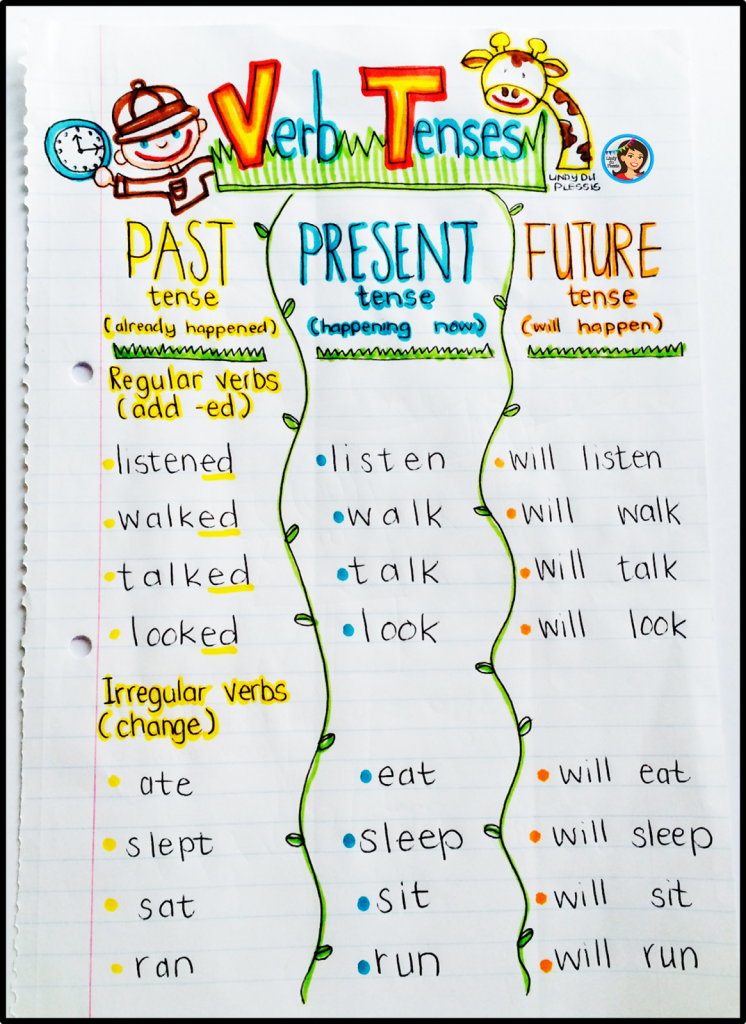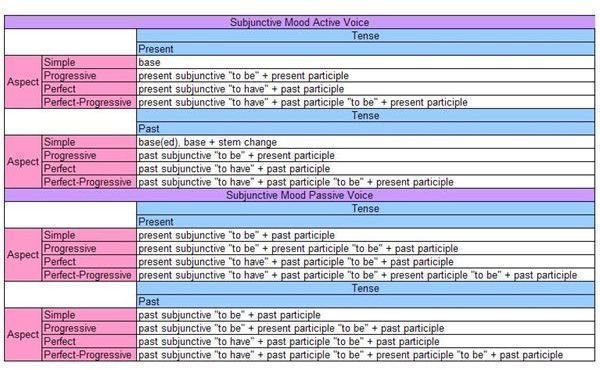To Be Verbs Chart
If you’re studying French, you need to get a handle on French verbs. Luckily, there’s a pattern to conjugating regular French verbs into the simple and compound tenses, so once you know how to conjugate one, you know hundreds! Learn how to give commands, directions, or requests by studying the imperative conjugations of French verbs. You can also check out these five frequently mixed-up verbs.
To be verbs chart - Google Search English Verbs, English Language, English. Who what when where why how chart A chart with Question Words in English.
Conjugating the Simple Tenses of Regular French Verbs

If the infinitive of a regular French verb ends in –er, -ir, or –re, you can follow a fixed pattern in conjugating the verb. If you learn to conjugate one verb in each of the groups, you will know how to conjugate hundreds of others. The following chart has the conjugation of the five simple tenses of three common regular verbs: parler (to speak), finir (to finish), and vendre (to sell). Just take the appropriate stem for each tense and add the required ending.
| Tense (stem) | je | tu | il/elle/on | nous | vous | ils/elles |
|---|---|---|---|---|---|---|
| Present (parl) | -e | -es | -e | -ons | -ez | -ent |
| Imperfect (parl) | -ais | -ais | -ait | -ions | -iez | -aient |
| Future (parler) | -ai | -as | -a | -ons | -ez | -ont |
| Conditional (parler) | -ais | -ais | -ait | -ions | -iez | -aient |
| Subjunctive (parl) | -e | -es | -e | -ions | -iez | -ent |
| Tense (stem) | je | tu | il/elle/on | nous | vous | ils/elles |
|---|---|---|---|---|---|---|
| Present (fini) | -s | -s | -t | -ssons | -ssez | -ssent |
| Imperfect (finiss) | -ais | -ais | -ait | -ions | -iez | -aient |
| Future (finir) | -ai | -as | -a | -ons | -ez | -ont |
| Conditional (finir) | -ais | -ais | -ait | -ions | -iez | -aient |
| Subjunctive (finiss) | -e | -es | -e | -ions | -iez | -ent |
| Tense (stem) | je | tu | il/elle/on | nous | vous | ils/elles |
|---|---|---|---|---|---|---|
| Present (vend) | -s | -s | (nothing) | -ons | -ez | -ent |
| Imperfect (vend) | -ais | -ais | -ait | -ions | -iez | -aient |
| Future (vendr) | -ai | -as | -a | -ons | -ez | -ont |
| Conditional (vendr) | -ais | -ais | -ait | -ions | -iez | -aient |
| Subjunctive (vend) | -e | -es | -e | -ions | -iez | -ent |
Conjugating Compound Tenses with Regular French Verbs
To conjugate French compound tenses, you need an auxiliary verb, usually avoir (to have) or être (to be), plus the past participle of the desired verb. The following example shows French compound tenses conjugated with the past participles of parler (to speak) with avoir as the auxiliary and arriver (to arrive) with être as the auxiliary.

| Tense | je | tu | il/elle/on | nous | vous | ils/elles |
|---|---|---|---|---|---|---|
| Passé Composé | ai parlé | as parlé | a parlé | avons parlé | avez parlé | ont parlé |
| Pluperfect | avais parlé | avais parlé | avait parlé | avions parlé | aviez parlé | avaient parlé |
| Future Perfect | aurai parlé | auras parlé | aura parlé | aurons parlé | aurez parlé | auront parlé |
| Past Conditional | aurais parlé | aurais parlé | aurait parlé | aurions parlé | auriez parlé | auraient parlé |
| Past Subjunctive | aie parlé | aies parlé | ait parlé | ayons parlé | ayez parlé | aient parlé |

| Tense | je | tu | il/elle/on | nous | vous | ils/elles |
|---|---|---|---|---|---|---|
| Passé Composé | suis arrivé (e) | es arrivé (e) | est arrivé (e) | sommes arrivés (es) | êtes arrivé (e)(s) (es) | sont arrivés (es) |
| Pluperfect | étais arrivé (e) | étais arrivé (e) | était arrivé (e) | étions arrivés (es) | étiez arrivé (e) (s) (es) | étaient arrivés (es) |
| Future Perfect | serai arrivé (e) | seras arrivé (e) | sera arrivé (e) | serons arrivés (es) | serez arrivé (e) (s) (es) | seront arrivés (es) |
| Past Conditional | serais arrivé (e) | serais arrivé (e) | serait arrivé (e) | serions arrivés (es) | seriez arrivé (e) (s) (es) | seraient arrivés (es) |
| Past Subjunctive | sois arrivé (e) | sois arrivé (e) | soit arrivé (e) | soyons arrivés (es) | soyez arrivé (e) (s) (es) | soient arrivés (es) |
Imperative Forms of French Verbs
In French, the imperative mood expresses an order, request, or directive and is created with regular verbs by using the verb directly and eliminating the subject pronoun. The imperative uses the present tense of most verbs and the conjugations of three subject pronouns: tu (when speaking to someone familiar), vous (when speaking to someone unfamiliar, older, a group, or a superior), and nous (when including yourself in the group). Regular –er, -ir, and –re verbs follow the same pattern in commands as shown in the following example, along with an example of a command using a pronominal verb and pronoun.
To Have Verb Chart
| Parler (to speak) | Finir (to finish) | Vendre (to sell) | Se laver (to wash) |
|---|---|---|---|
| Parle! | Finis! | Vends! | Lave-toi! |
| Parlons! | Finissons! | Vendons! | Lavons-nous! |
| Parlez! | Finissez! | Vendez! | Lavez-vous! |